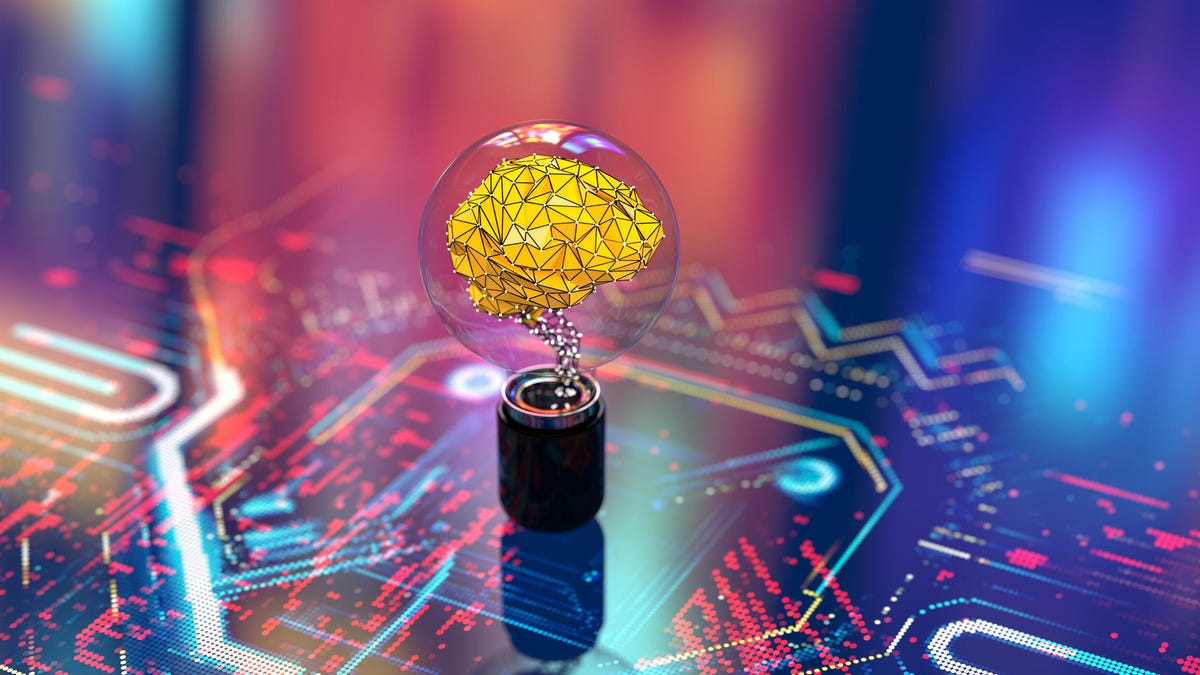Imagine an AI that not only responds to inquiries like ChatGPT but also handles tasks such as preparing your morning coffee, managing household chores like washing dishes, and providing care for your elderly relatives while you’re away at work. This futuristic concept, initially envisioned by The Jetsons in 1962, appears increasingly plausible in the coming decade due to advancements in AI technology.
The scope of this development goes beyond just a home-based assistant akin to Jarvis. Tech giants like Meta CEO Mark Zuckerberg aspire to elevate AI to the next level. Recently, Zuckerberg expressed his ambition to develop artificial general intelligence (AGI) during an interview with The Verge. This places him in the same league as industry leaders such as OpenAI, the creator of ChatGPT, and Google’s DeepMind.
While Zuckerberg envisions leveraging AGI to enhance user interactions through innovative products, OpenAI and DeepMind focus on the potential of AGI to serve humanity. Despite varying motivations, the shift towards AGI signifies a significant advancement from the current landscape dominated by generative AI and chatbots. Although these technologies have impressed us with their writing abilities and creativity, their responses may not always be entirely accurate.
AGI lacks a standardized definition, leading to diverse interpretations and viewpoints. Generally, AGI is characterized by its proximity to human-like intelligence and its ability to encompass a broader range of skills compared to existing AI systems. The advent of AGI is poised to have a profound impact on society.
However, achieving a level of artificial intelligence comparable to the human brain, including the capacity for independent decision-making, remains a considerable challenge. The current state of AGI can be likened to Schrodinger’s cat in the realm of AI: simultaneously human-like and not quite there yet.
For those curious about the significance of AGI, this overview provides essential insights into the subject.
What Constitutes Artificial Intelligence?
Artificial intelligence, a field within computer science, aims to replicate aspects of human intelligence in machines. According to Mark Riedl, a professor at Georgia Tech, AI involves developing algorithms and systems that mimic behaviors traditionally associated with intelligence, such as driving, event planning, or coding.
Understanding Narrow Intelligence
Narrow intelligence refers to AI systems that excel at performing specific tasks, like playing chess. Notable examples include IBM’s Watson, renowned for its triumph on Jeopardy in 2011, and Deep Blue, which defeated chess grandmaster Garry Kasparov in 1997. However, these systems are limited to their designated tasks.
Exploring Artificial General Intelligence
In contrast, artificial general intelligence (AGI) is more comprehensive and challenging to define. AGI implies that a machine can accomplish a wide array of tasks akin to human capabilities. The spectrum of AGI’s potential ranges from matching human proficiency in various tasks to surpassing human cognitive abilities.
The Timeline for Achieving Artificial General Intelligence
Predictions regarding the timeline for achieving AGI vary widely. While some believe AGI is imminent, others argue it may never materialize. Estimates range from five to 10 years to several decades. Recent advancements, such as enhanced conversational abilities in AI models like GPT-4 and Google’s Gemini, suggest progress towards AGI, albeit with ongoing debates on the precise definition.
Implications of Artificial General Intelligence
The integration of AGI into daily life could revolutionize household management, elder care, and job markets. AGI’s potential to perform diverse tasks may lead to job displacement but also create new opportunities. The societal impact of AGI remains a subject of speculation and anticipation.
Addressing Concerns about Artificial General Intelligence
Contrary to popular fears of AI rendering humans obsolete, AGI’s ability to multitask does not equate to consciousness or self-will. Challenges such as long-term planning and decision-making pose significant hurdles for AI systems. Moreover, ethical considerations and the concentration of AI technologies within a few tech companies raise concerns about monopolistic control.
Distinguishing Artificial Super Intelligence
Artificial super intelligence (ASI) represents AI capable of autonomous decision-making and self-awareness. While concerns about ASI exist, the development of such advanced AI is considered distant compared to AGI. Precautionary measures and ethical guidelines will likely shape the trajectory of ASI development.
Envisioning the Benefits of Artificial General Intelligence for Humanity
Experts anticipate that AGI will set higher standards for AI systems, potentially addressing societal issues more effectively than humans. Applications in fields like healthcare, law, and problem-solving could revolutionize existing practices. AGI’s capacity to augment human capabilities and offer innovative solutions underscores its transformative potential.
In conclusion, while AGI holds the promise of reshaping various aspects of society, ethical considerations, technological limitations, and societal implications warrant careful examination as we navigate the evolving landscape of artificial intelligence.










